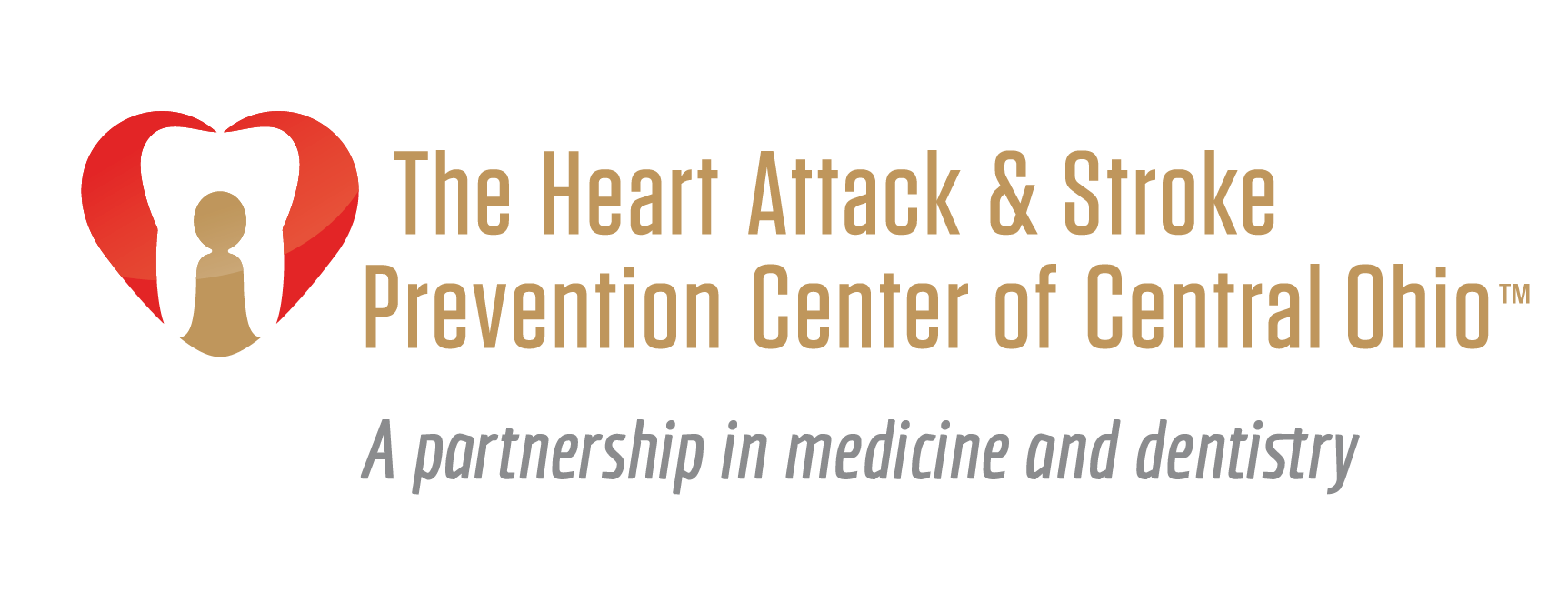Stress Can Increase Your Risk for Heart Disease
- Eric Goulder, MD, FACC

- Jun 7, 2021
- 3 min read
We all experience stress throughout our lives and there are many different levels of stress. Stress can wreak havoc on all parts of our bodies and the heart is no exception. Since stress usually isn’t an optional factor in life, we can only control how we manage it. If you’ve ever thought about how to prevent heart disease, stress management would certainly be an important part of that plan. Luckily, we have many tools at our disposal that have been documented to manage and reduce stress.
The Weight of Stress
A worldwide study including 52 countries found that psychological factors such as stress nearly tripled one’s risk for a heart attack. And more recent studies indicate that chronic tension is just as dangerous to your cardiovascular health as smoking.
Research also supports that long term stress can create such common risk factors for heart disease as increased blood cholesterol, triglycerides, blood sugar, and blood pressure. Sustained stress also contributes to the buildup of arterial plaque deposits.
Tune Up Your Diet
Tune up your diet. Working from home, getting food delivery, experiencing a lack of desire to prepare healthy meals… All of these issues that have become part of pandemic living can knock your nutrition goals off track, but fueling your body with fresh, nutrient-dense foods is one of the best safeguards against stress. Click here to watch our recent webinar, Heart Attacks are Optional - The Oral, Heart, and Nutrition Connection, to learn more!
Get Up and Move
Exercise doesn’t have to mean training for a 5k or investing a lot of money into a new sport such as snowboarding. Walking, yoga, dancing, and tai chi are all great forms of exercise that don’t require equipment and are accessible to almost everyone. The calm that’s incorporated into activities like tai chi makes it an obvious choice for stress management.
Who’s Up for a Game of Checkers?
Play is an underrated form of stress relief. The act of playing can certainly be combined with exercise; many people find activities such as dance, jumping rope, or playing hopscotch both playful and aerobic. In fact, we can certainly increase our success rate in our exercise goals when the activity itself brings us joy, not only the end results. But also things like puzzle building, playing checkers or board games can all lift the spirits and help alleviate stress.
The Power of People
Community interaction. After a year of quarantining, we could all use a healthy dose of human interaction. Besides friends and family, getting to know other members of our community can not only provide conversation and connection, but a sense of belonging and contributing to something bigger than ourselves. What’s more calming than knowing you’re not alone in facing life’s challenges?
Quality time alone. Yes, many of us have had plenty of alone time in the past year, but how much of that time has been a mindful pursuit of peace and calm? Meditation, journaling, taking a stroll through the park–these types of activities can help us to check in with ourselves and take a personal inventory, void of distractions. A Harvard study showed that participants displayed significant changes in the expression of genes that regulate inflammation and blood sugar maintenance, which led to significant drops in their blood pressure, when they meditated for just 15 minutes a day.
We’re Here to Guide You
If you’re having a tough time implementing any of these practices or are interested in taking a preventative approach to your health, the Heart Attack and Stroke Prevention Center of Central Ohio can help with that. From books on preventing heart disease, to advanced testing for cardiovascular disease, to medical and dental collaboration, we’re here to create your personalized health care plan and start you on a path to optimal wellness for a lifetime. Schedule an appointment today!




Comments